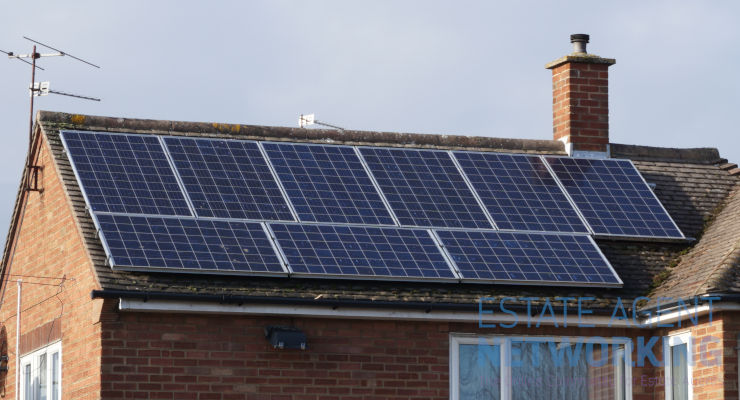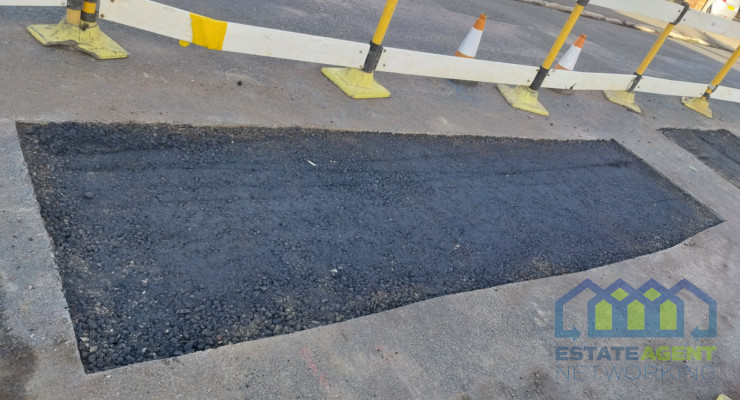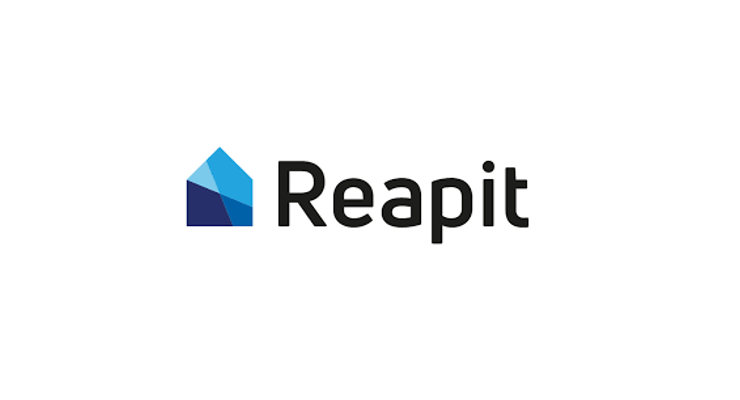Sustainable Home Energy: 3 Options for Greener Living
In today’s world, where environmental concerns are at the forefront of global discussions, the concept of sustainable living has gained significant traction. One of the key areas where individuals can make a tangible difference is in their homes, particularly by transitioning to sustainable energy sources. In this article, we explore three primary options for greener living: solar energy, wind energy, and geothermal energy.
Introduction to Sustainable Home Energy
Sustainable home energy refers to the utilization of renewable resources to power residential properties. Unlike traditional fossil fuels, which contribute to pollution and climate change, sustainable energy sources are abundant, clean, and renewable. By adopting these technologies, homeowners can reduce their carbon footprint and contribute to a healthier planet.
Importance of Green Living
The importance of green living cannot be overstated. With the adverse effects of climate change becoming increasingly evident, there is a growing urgency to transition towards sustainable practices. By embracing green energy solutions, individuals can mitigate their impact on the environment, reduce dependency on non-renewable resources, and create a more sustainable future for generations to come.
Solar Energy: Harnessing the Power of the Sun
How Solar Panels Work
Solar panels utilize photovoltaic cells to convert sunlight into electricity. When sunlight hits the panels, it excites the electrons within the cells, generating an electric current. This electricity can then be used to power appliances and lighting within the home.
Benefits of Solar Energy
- Renewable: Sunlight is a virtually limitless resource, making solar energy a sustainable choice.
- Cost Savings: While the initial investment may be significant, solar panels can lead to substantial long-term savings on energy bills.
- Low Maintenance: Solar panels require minimal maintenance and have a lifespan of 25 years or more.
- Environmental Impact: Solar energy produces no greenhouse gas emissions, helping to combat climate change.
Cost Considerations and ROI
The cost of installing solar panels varies depending on factors such as system size, location, and installation complexity. However, many governments offer incentives and rebates to offset these costs, making solar energy an attractive investment for homeowners.
Wind Energy: Utilizing Nature’s Power
Understanding Wind Turbines
Wind turbines harness the kinetic energy of the wind to generate electricity. As the wind passes through the blades of the turbine, it causes them to rotate, powering a generator that produces electricity.
Advantages of Wind Energy
- Abundance: Wind is a plentiful resource, especially in coastal and windy regions.
- Scalability: Wind energy systems can be scaled to suit the needs of individual homeowners or communities.
- Low Operating Costs: Once installed, wind turbines have relatively low operating costs compared to traditional energy sources.
Location Considerations
While wind energy can be a viable option for many homeowners, it is essential to consider factors such as average wind speeds and local regulations before investing in a wind turbine.
Geothermal Energy: Tapping into Earth’s Heat
Geothermal Heat Pumps Explained
Geothermal heat pumps utilize the natural heat stored beneath the Earth’s surface to provide heating, cooling, and hot water for residential properties. By circulating a fluid through underground pipes, heat is extracted from the ground during the winter months and transferred to the home. In the summer, the process is reversed, with heat being drawn from the home and expelled into the ground.
Environmental and Cost Benefits
- Energy Efficiency: Geothermal heat pumps are highly efficient, providing consistent heating and cooling throughout the year.
- Low Environmental Impact: Unlike traditional heating and cooling systems, geothermal energy produces no greenhouse gas emissions.
- Longevity: Geothermal heat pumps have a lifespan of 20 to 25 years, making them a durable and reliable option for homeowners.
Installation and Maintenance
While the initial cost of installing a geothermal heat pump may be higher than traditional HVAC systems, homeowners can recoup these costs through energy savings over time. Additionally, geothermal systems require minimal maintenance and can reduce reliance on fossil fuels.
Comparison of Sustainable Energy Options
When choosing a sustainable energy option for your home, it’s essential to consider factors such as cost-effectiveness, environmental impact, and suitability for your region. While solar, wind, and geothermal energy each have their advantages and limitations, combining multiple sources can provide a comprehensive and resilient energy solution. Energyhelpline.com offers valuable resources and tools to help homeowners evaluate the feasibility of different renewable energy options, compare costs, and understand the potential benefits and drawbacks of each solution.
Practical Tips for Implementing Sustainable Home Energy
In addition to installing renewable energy systems, there are several other steps homeowners can take to reduce energy consumption and promote sustainability:
- Energy-efficient Appliances: Choose appliances with high energy efficiency ratings to minimize electricity usage.
- Insulation and Weatherization: Proper insulation and weatherization can help reduce heating and cooling costs by preventing energy loss.
- Smart Home Technology: Invest in smart thermostats, lighting controls, and energy monitoring systems to optimize energy usage and reduce waste.
Government Incentives and Rebates
Many governments offer incentives and rebates to encourage homeowners to invest in renewable energy systems. These programs can help offset the upfront costs associated with solar panels, wind turbines, and geothermal heat pumps, making sustainable energy more accessible to a wider range of households.
Overcoming Challenges and Common Misconceptions
While sustainable home energy offers numerous benefits, there are also challenges and misconceptions that homeowners may encounter:
- Initial Investment: The upfront cost of installing renewable energy systems can be prohibitive for some homeowners, although long-term savings often outweigh these initial expenses.
- Reliability and Efficiency: While renewable energy sources are becoming increasingly reliable, they may not be suitable for all situations or regions.
- Aesthetics and Home Value: Some homeowners may be concerned about the visual impact of solar panels or wind turbines on their property, although studies have shown that sustainable features can increase home value.
Case Studies of Successful Sustainable Home Energy Projects
Highlighting real-world examples of sustainable home energy projects can inspire and educate homeowners about the feasibility and benefits of transitioning to renewable energy sources.
Future Trends in Green Energy
As technology advances and awareness of environmental issues grows, the future of sustainable home energy looks promising. Innovations in energy storage, smart grid technology, and renewable energy systems are likely to further enhance the efficiency and affordability of green energy solutions.
Transitioning to sustainable home energy is not only beneficial for the environment but also for homeowners in terms of cost savings and energy independence. By embracing solar, wind, geothermal, or a combination of these renewable energy sources, individuals can reduce their carbon footprint and contribute to a cleaner, greener planet for future generations.









